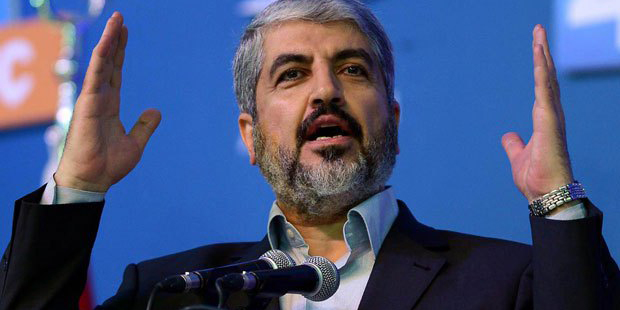 Palestinian Territories: An Egyptian court ban on Hamas activities could push the increasingly isolated Palestinian Islamist movement into another battle with Israel, analysts say.
Palestinian Territories: An Egyptian court ban on Hamas activities could push the increasingly isolated Palestinian Islamist movement into another battle with Israel, analysts say.
The latest move marked a further deterioration in ties between Egypt and Hamas, which has close links to the Muslim Brotherhood of deposed Egyptian president Mohamed Morsi and is now the target of a sweeping crackdown by the military-installed government.
Since Morsi’s overthrow, the Egyptian authorities have destroyed hundreds of tunnels along the border with the Hamas-ruled Gaza Strip, which had been used to bring in fuel and construction materials, as well as weapons and ammunition.
The loss of the tunnels has deepened the economic crisis in Gaza, which has been under an Israeli blockade since 2006, and a senior Hamas official warned the court’s move could prompt a new confrontation with Israel.
“The situation between Egypt and Hamas has reached the point of no return,” said Mukhaimar Abu Saada, political science professor at Gaza’s Al-Azhar University.
“For Hamas, the choices are extremely limited: reconciliation with (Western-backed Palestinian) president Mahmoud Abbas, or open confrontation with Israel to embarrass Egypt and win the sympathy of the Arab world,” he said.
“The latter option would be costly and risky.”
On Tuesday, the Egyptian court banned Hamas from operating in the country and moved to seize its assets after accusing it of colluding with the Muslim Brotherhood to carry out attacks.
Gazans celebrated in the streets when Morsi became Egypt’s first freely elected leader in June 2012, a year and a half after Hosni Mubarak was toppled by an Arab Spring uprising.
But last year, the Egyptian army overthrew Morsi following massive protests against his divisive rule and has since designated the Muslim Brotherhood a terrorist organization.
The destruction of the border tunnels is costing Gaza $230 million (170 million euros) a month, Hamas says. Government workers say they have not been paid in four months.



